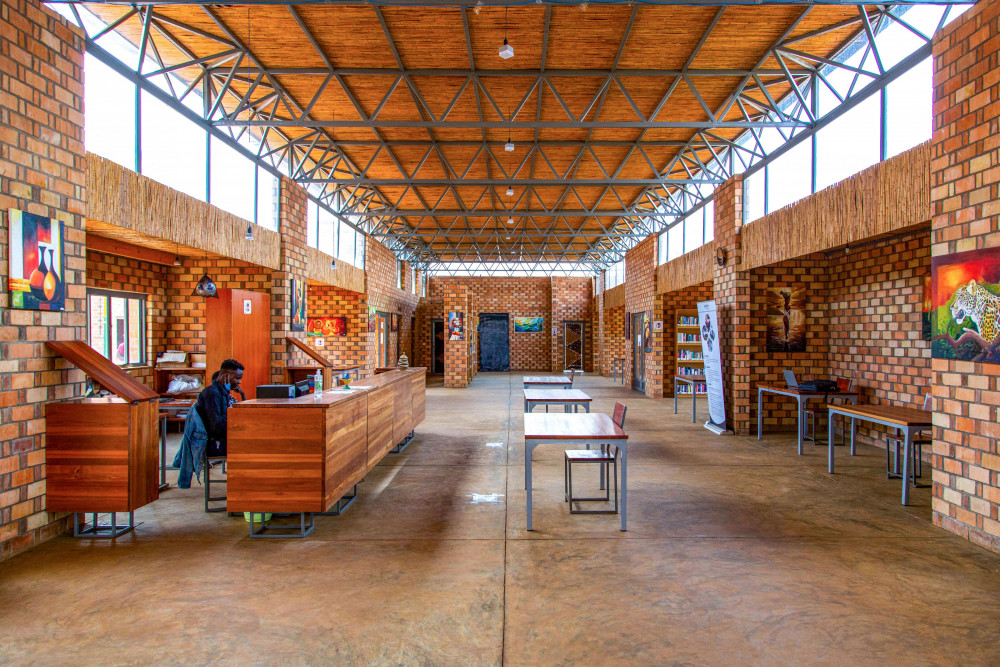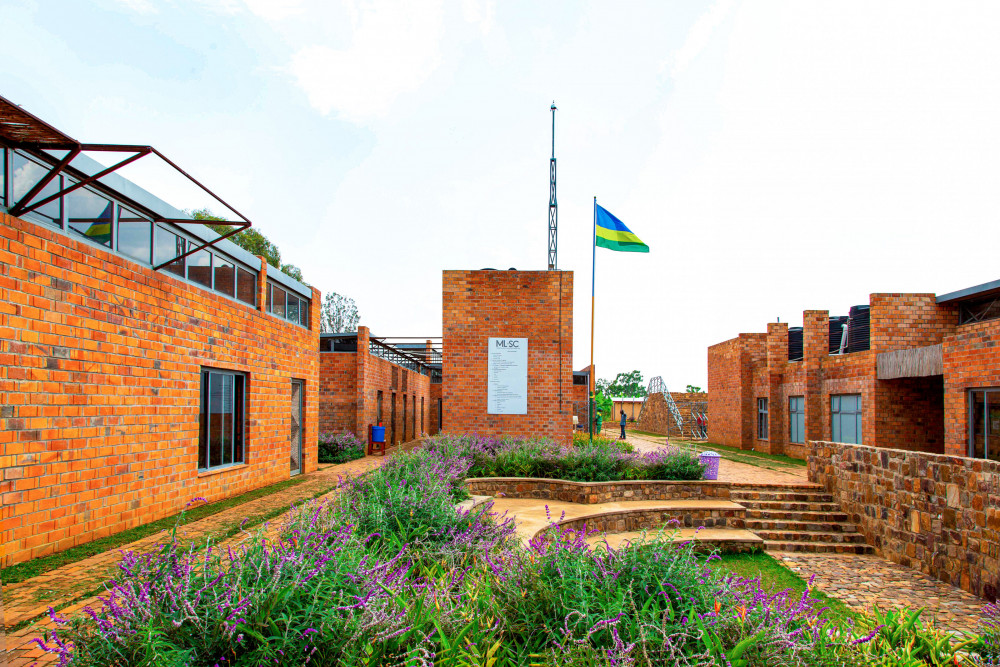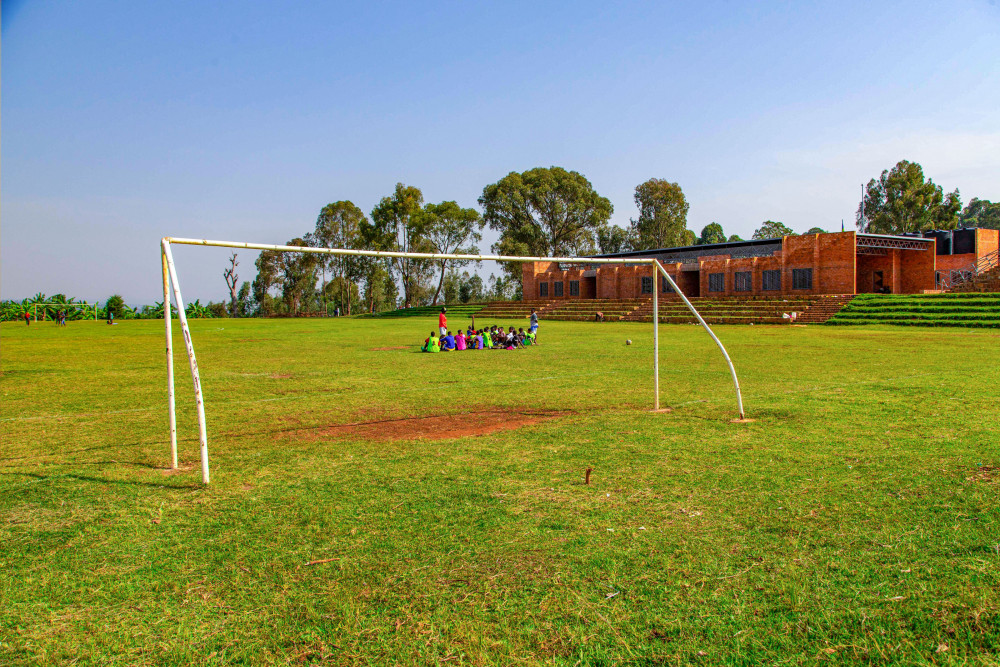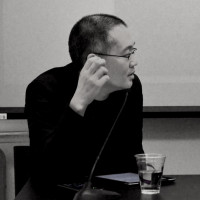Organized by the Society of American Registered Architects – New York Council, the Design Awards invited all design-related practitioners and students to send their best built and unbuilt works to the awards category of their choice.

The Learning and Sports Center—a 2-hectare campus with seven buildings and sports amenities built by GAC’s group of designers, artists, educators and researchers—received a Design Award of Honor.
The Learning and Sports Center, located among the rolling hills of rural Masoro in Rwanda, where nonprofit architecture firm GAC has been working for the past 14 years, is a collection of interior and exterior spaces that provide a safe and secure environment for learning, play, and wellness. The project provides a library, classrooms, technology education rooms, indoor exercise spaces, community and teaching gardens, outdoor theaters, event seating, a basketball court and a community soccer field, all of which are accessible to community members free of charge.
During the construction period, GAC hired 390 builders from the surrounding neighborhoods, 54% of whom were women. They received pension contributions, breakfast and lunch, as well as safety training and equipment. The site and time of construction offered the community builders training opportunities in sustainable and durable construction techniques, including modern brick construction and screen weaving using local grasses and bark. Off-the-grid infrastructures such as rainwater harvesting and a biodigester were implemented. Unlike typical Rwandan institutions surrounded by fortress-like walls, the center uses parameter buildings to create a sense of security across small courtyards. The surrounding slopes are used to provide seating and define an existing soccer field for sport and community events. Excess soil from excavation was turned into compressed soil blocks for future construction.

“Masoro Learning and Sports Center is a unique place. From the planning, through the construction and management phases, the project tried to be part of the community,” says Yutaka Sho, associate professor of architecture at Syracuse University’s School of Architecture and a founder and partner at GAC. “There have been many challenges and errors during the process, no doubt. But because of this process, the residents have ownership over the place and its openness is tangible when you step into the campus.”
For many who live in Masoro, accessing services means making the 40-minute trip into town on a motorcycle taxi, bus or lift on the back of a passing truck. To have an area that is uniquely theirs and equipped to host and support sports and learning opportunities has profoundly impacted rural Rwandans.
“These activities may sound normal to you, but for this community, they are challenging if not impossible to access, and they create significant opportunities for the future,” says Sho. “Most houses in this rural area do not have access to electricity or water, let alone Wi-Fi, further education, training or a free time to play sports.”
Selected among entries from over 80 countries, the Learning and Sports Center was also a jury winner in the “+For Good” and “+Community” categories of the 2022 Architizer A+Awards, the largest awards program focused on promoting and celebrating the year’s best architecture.
The 2022 SARA | NY Design Award recipients were celebrated at the annual Design Awards Gala at The Manhattan Manor in Times Square, New York, on June 14. To view the full list of winners and their winning designs, visit sarany.org/2022-design-award-winners.












